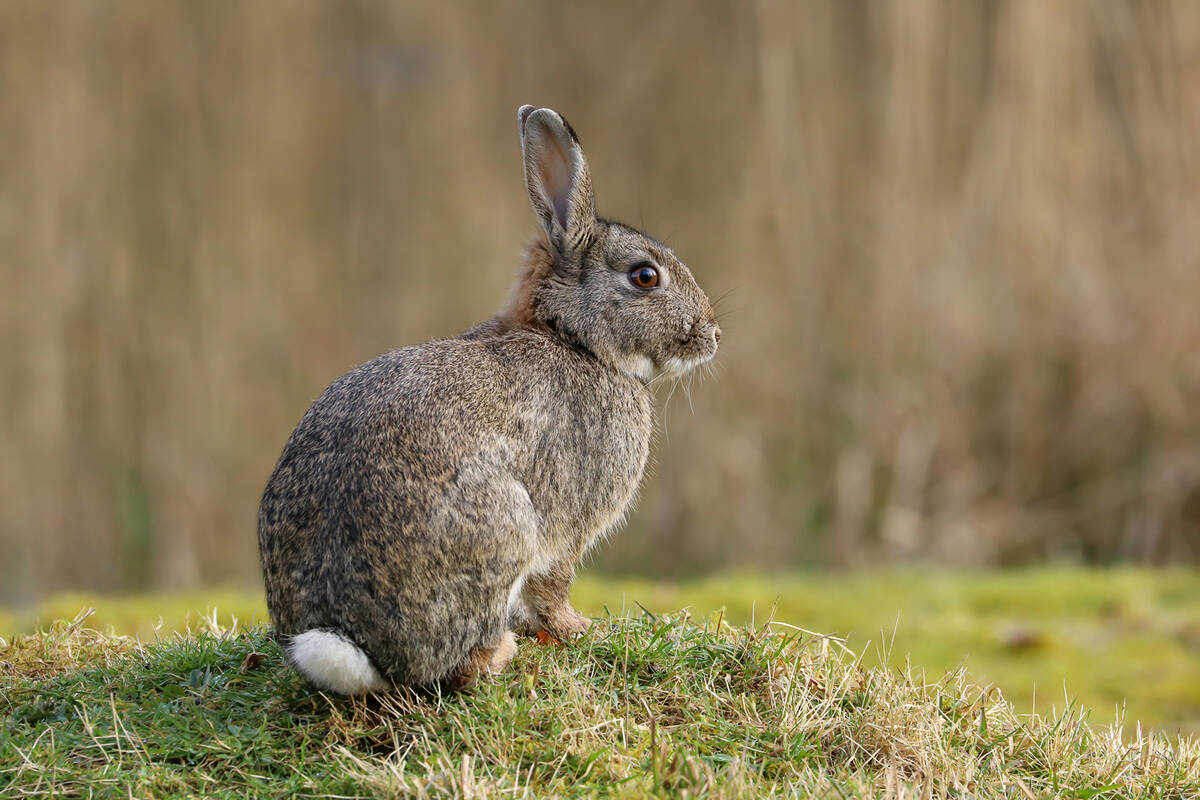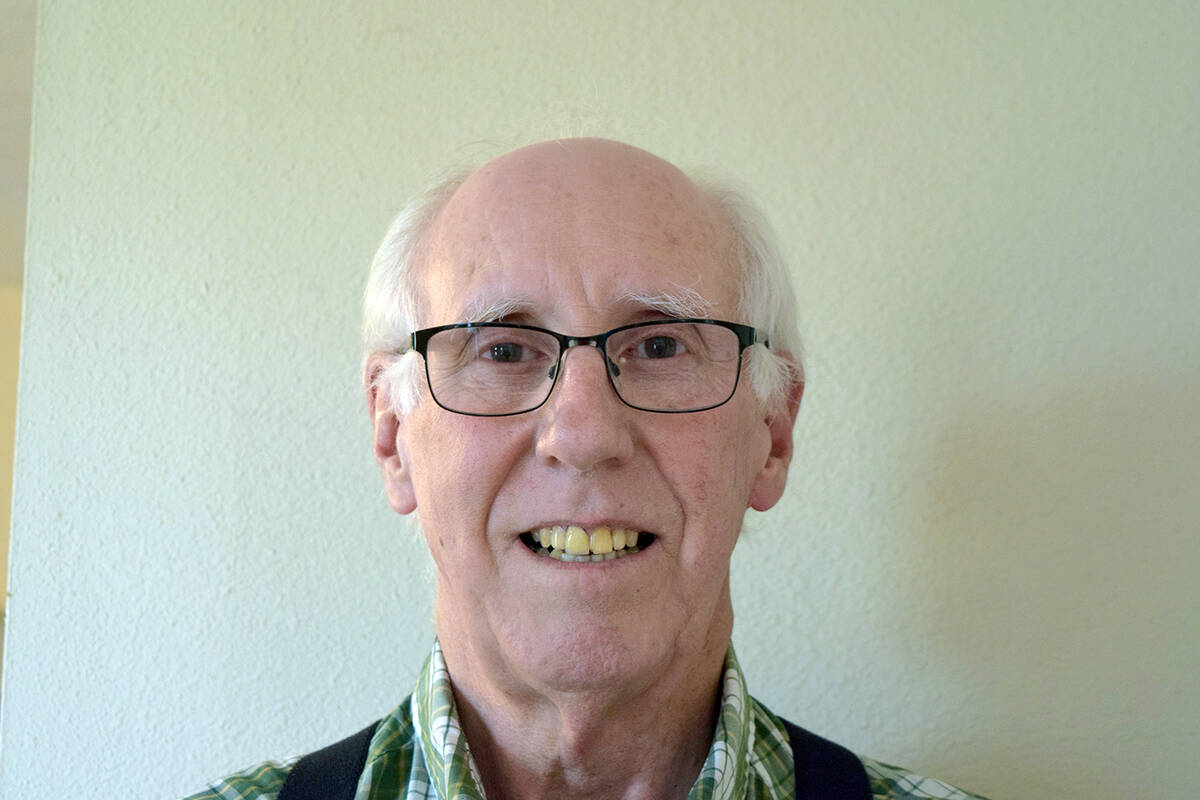Nevada’s Yesteryear: Rabbit hunt captured Fremont’s attention
Capt. John C. Fremont, U.S. Army, traversed Nevada at various times in his explorations of the West in 1844-1845. He and his party were prepared for surprises and had seen many strange sights.
One of the most interesting that he describes in his journeys, written later by his wife Jessie in Missouri when his expedition was finished and he returned home, was the rabbit drive conducted by the Paiutes along the Truckee River. These tales became very popular reading.
She was intensely interested in the details of his expedition, became his recorder, making notes as he described his experiences. Adding human-interest touches to these printed reports, she wrote and edited best-selling stories of the adventures Fremont had while exploring the West with his scout, Kit Carson.
In his notes Fremont wrote: “We had scarcely lighted our fires when our camp was crowded with nearly naked Indians; some of them with long nets in addition to bows, and appeared to have been in the sage hills to hunt rabbits.”
Historian Harry Gilmore wrote in 1953: “The rabbit is still an important meat for Nevada Paiutes. Many years ago a single man with a three-hundred foot net, made of wild hemp and having two-inch mesh, supplied his family with a considerable amount of meat.”
Fremont goes on to describe what he witnessed the evening of Jan. 31, 1844: “It’s cold along the Truckee that time of year, but here the Indian hunters were, stripped to little more than loin cloths!”
Fremont and his men were about to learn just why they were dressed with so little on a cold winter’s evening. It was to be a time of a “rather active form of exercise,” but one fully intended to provide winter food for the tribe as well as skins from which to manufacture blankets and clothing.
A normal hunt was said to involve two hundred bucks and braves from the tribe, with many of the children gathered for the drives as well.
A net made of slight hemp rope, about 5 feet wide, and in some cases over 300-feet long, was used. Some were easily big enough to be able to cover an entire stagecoach. The net would be placed over a large circle of sagebrush on a given hillside where jackrabbits and cottontails were known to be plentiful.
Making the circle with the net over the holes for the rabbits, the braves would drive in supporting stakes at various points, stretch out the net, but just enough to leave a little dangling along the ground to ensnare the frightened rabbits. At each stake a Paiute brave who was armed with a club was stationed.
Others would get inside the circle and beat on the ground with whatever, make as much noise as possible to get the rabbits to come out of their burrows and want to run away. The rabbits, leaping to escape, would get tangled in the net and were then clubbed to death.
Within the space of a few minutes after the club beating started, Fremont noted, “the hunting party had succeeded in killing several hundred rabbits, enough food for several weeks and enough fur for several warm blankets.”
This had been a long tradition with the Paiutes, long before the coming of the white men, even before the mountain men who came before the scientific explorations of Fremont and others. It was a very good way of augmenting their winter food supply since the desert land and hill country does not have much in the often snow-covered grounds of winter.
This method of hunting continued for many years and, as the wagon trains came and Army outposts were established, the Paiutes learned to use rifles and shotguns instead of clubs.
Further studies of Fremont’s expedition at this time have learned that although he thought he was along the Truckee, he really was on the east fork of the Carson River. A broken sextant was to blame for the slight error in knowing their true position.
Gilmore wrote: “Considering the variety of animals available for food, (rabbits being just one), and the many interesting methods of trapping and catching these animals, one may be apt to conclude that the early Nevada Paiute lived a life of ease.
However the opposite is true. He had to have a thorough knowledge, and determination and persistence to supply his body with necessities. Indeed, his native land was a land of scarcity.”
(Adapted from a story by Harold’s Club, 1948, and Harry Gilmore, Bishop, California, 1953)
Dave Maxwell is a Nevada news reporter with over 35 years in print and broadcast journalism, and greatly interested in early Nevada history. He can be reached at maxwellhe@yahoo.com.









